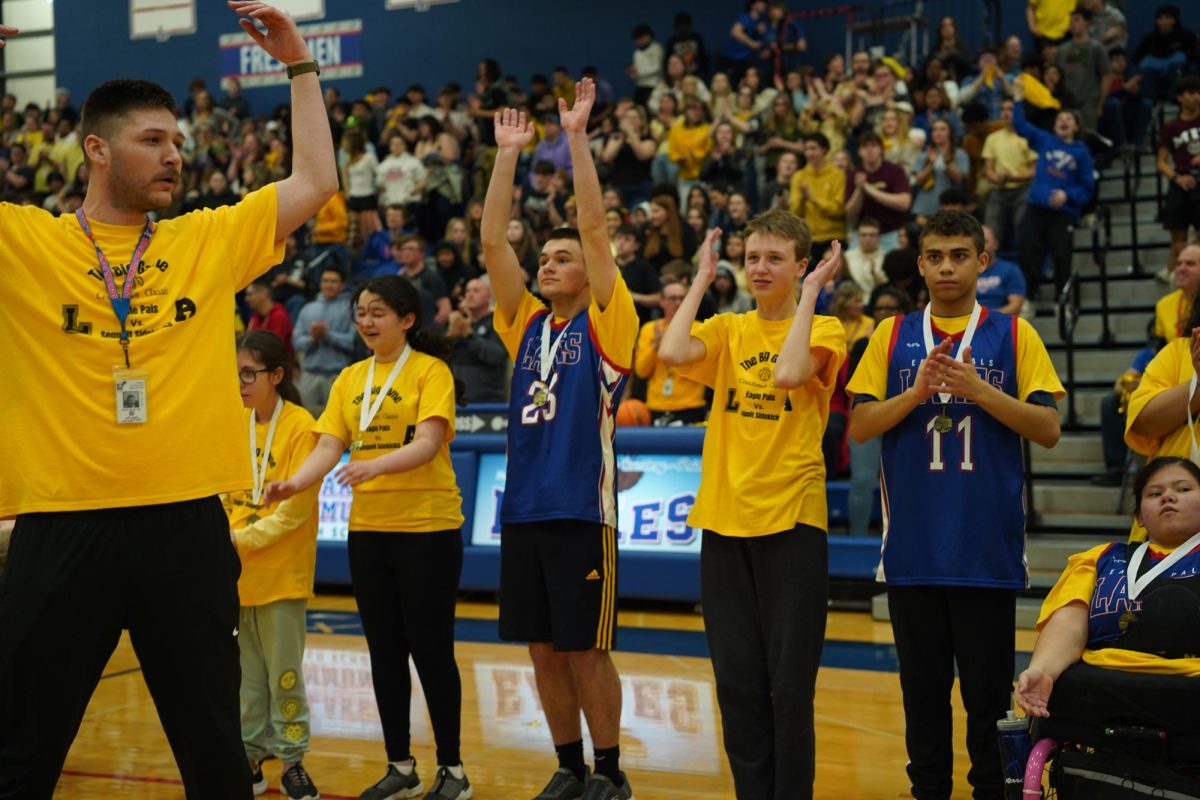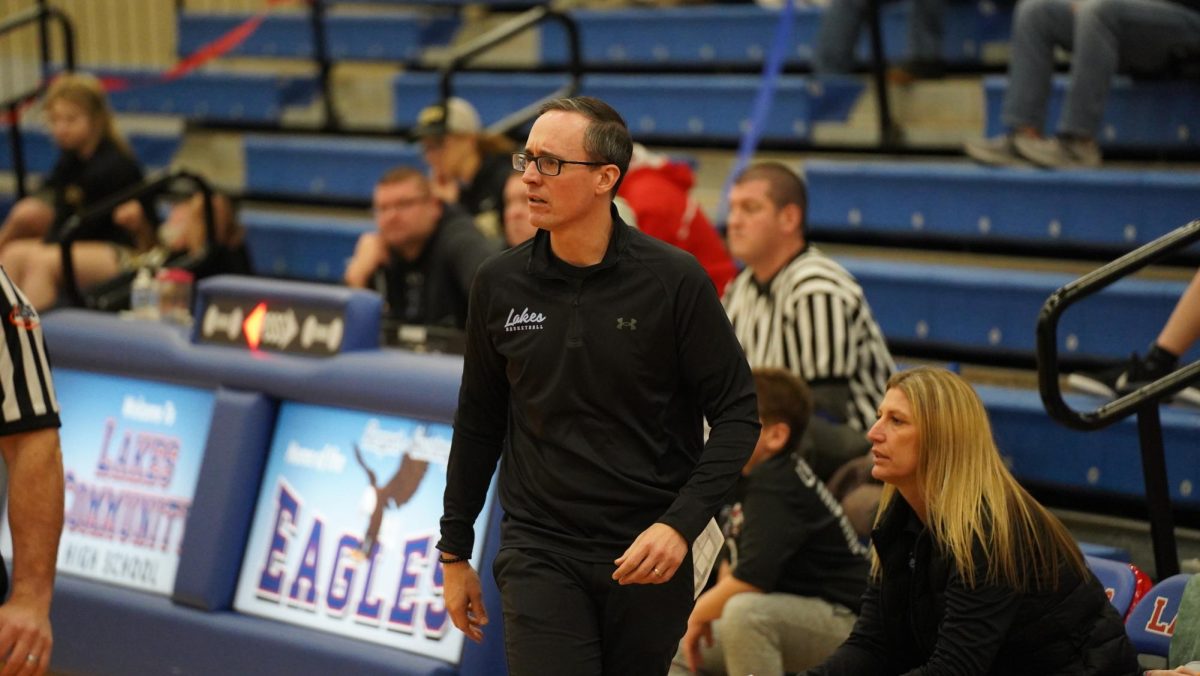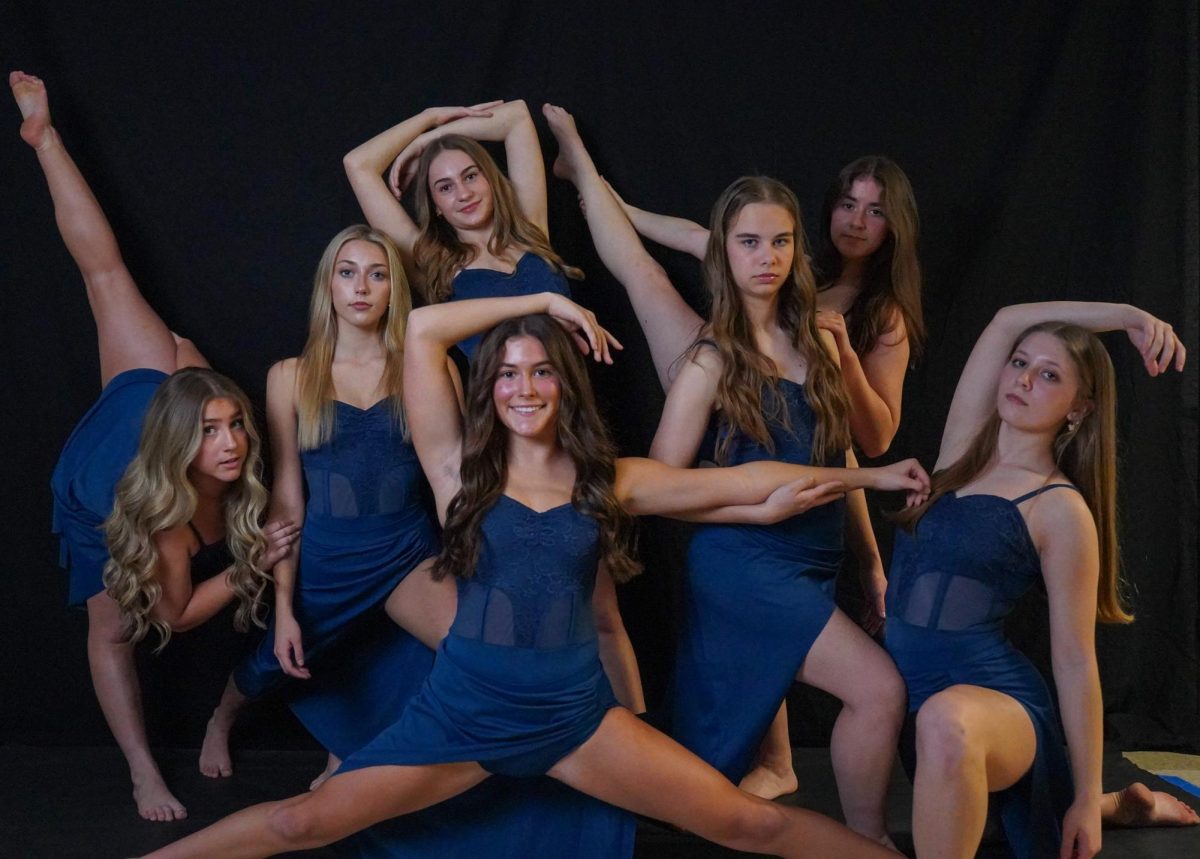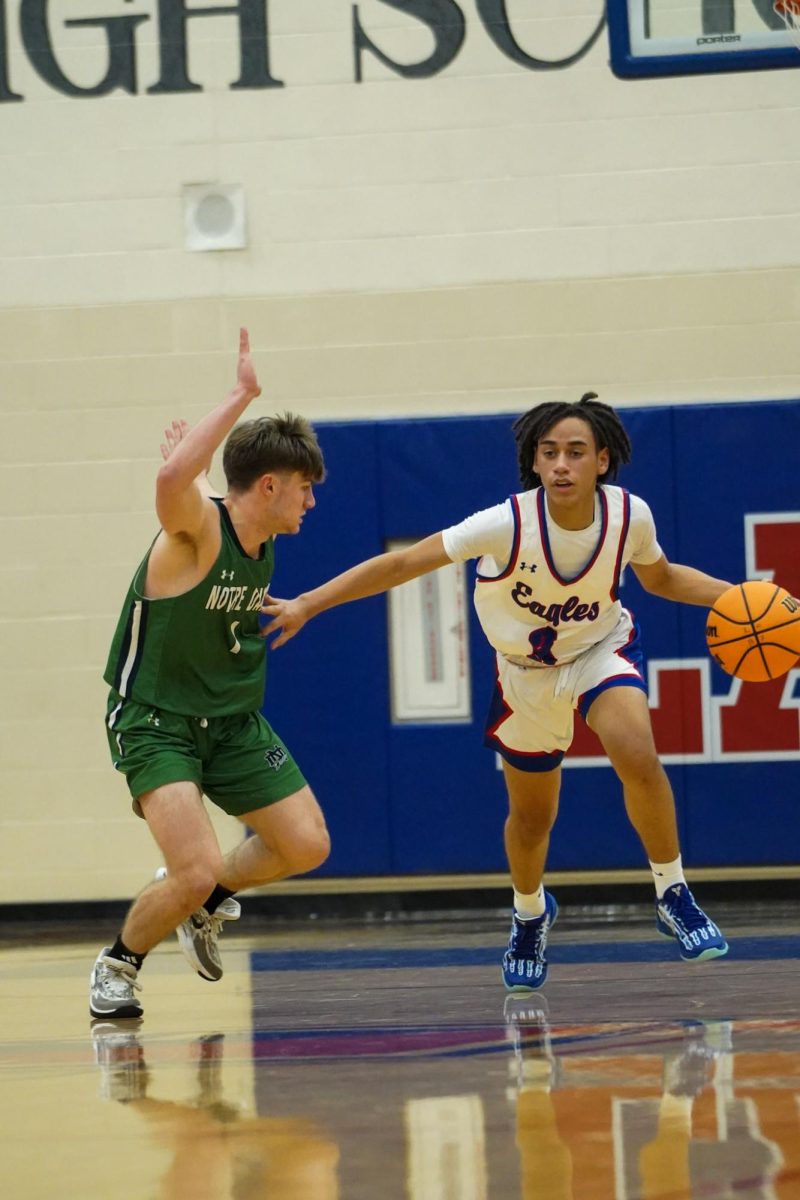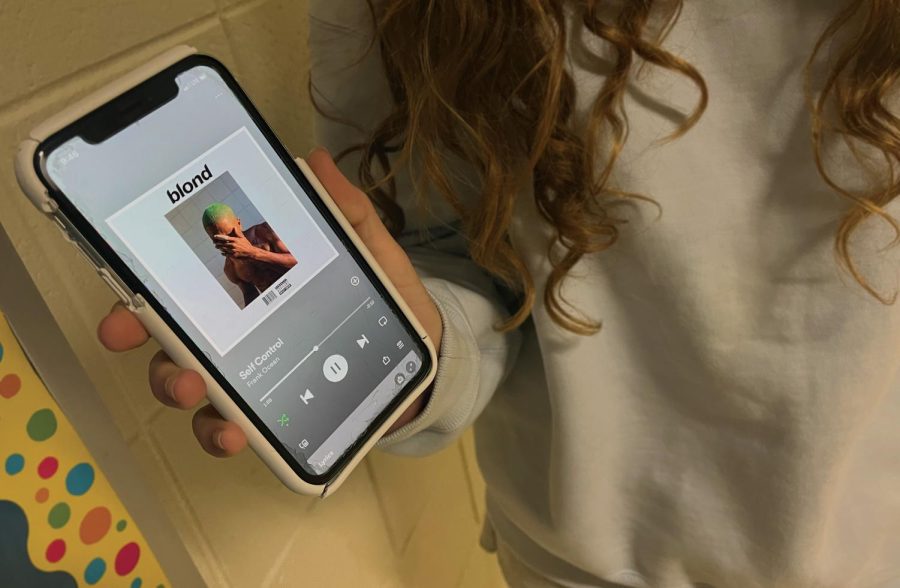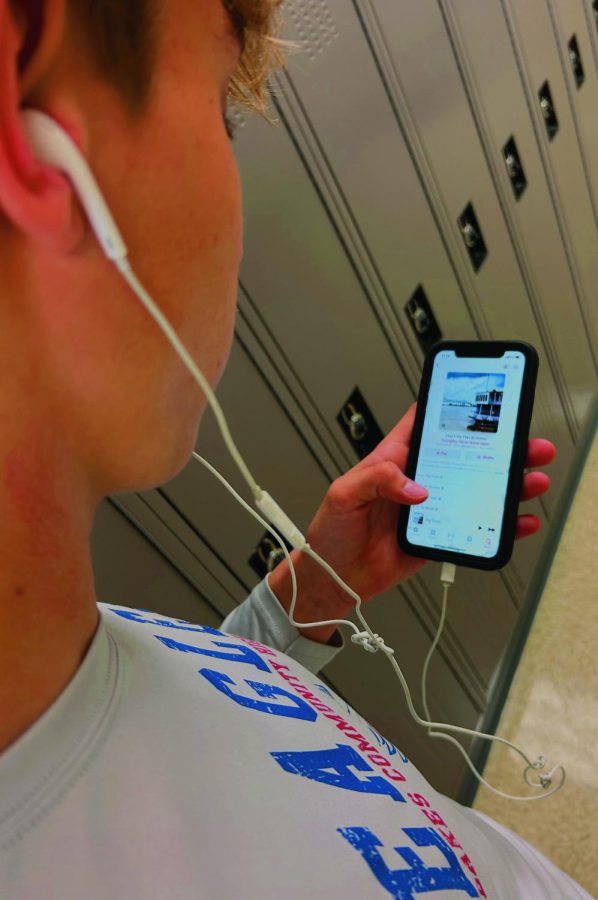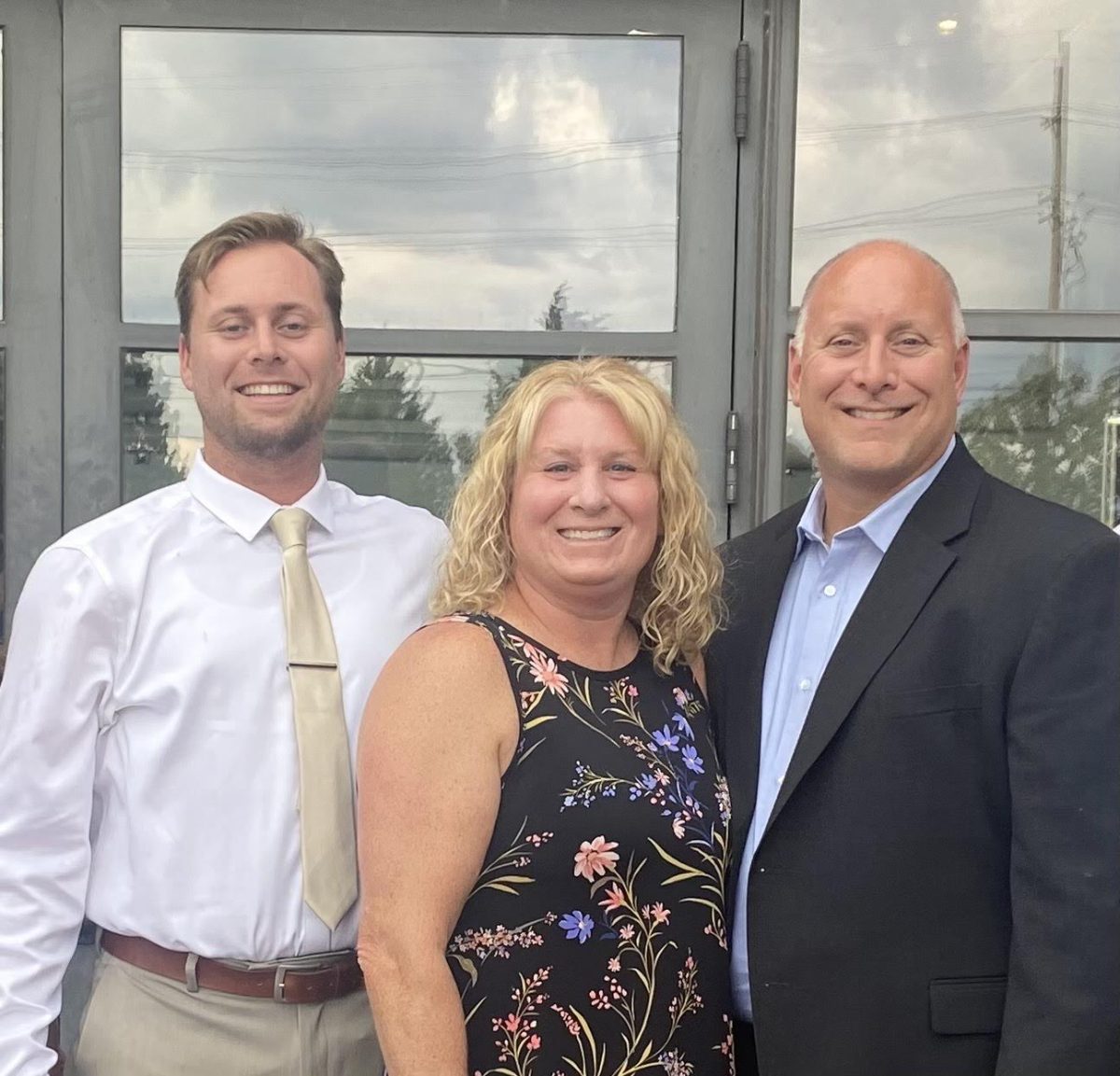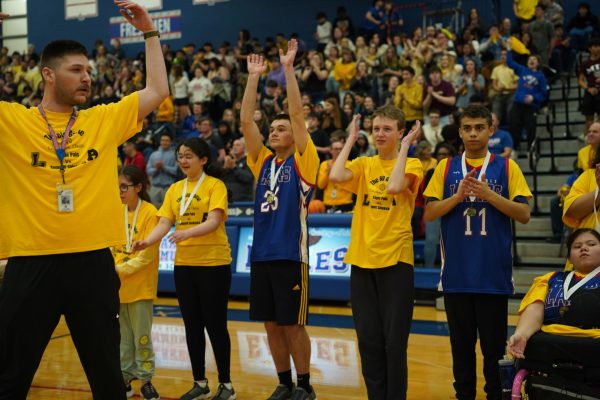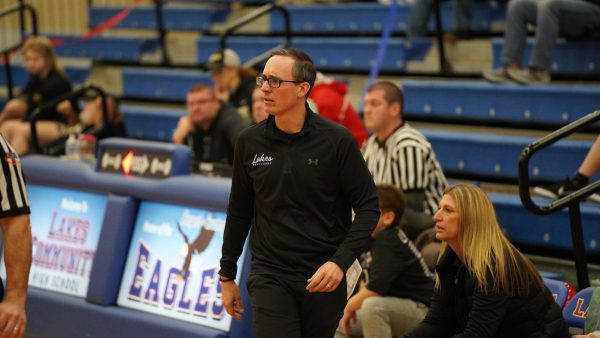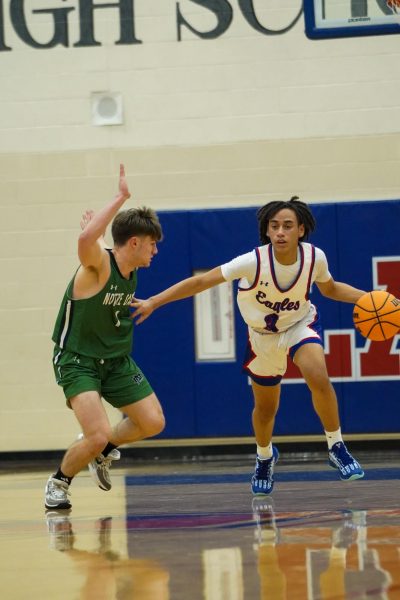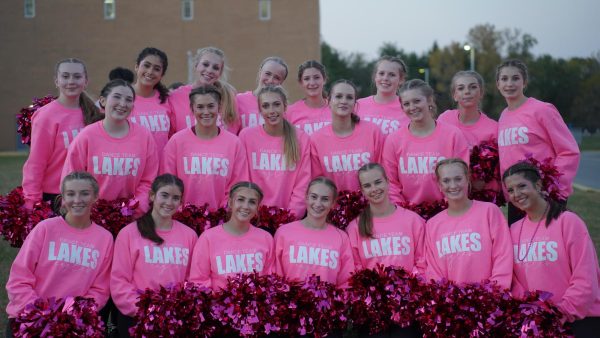Teachers Opinions about Full In-Person Transition
Starting April 19th, Lakes will reopen in-person learning for all students. As reporters, we wanted to see how everyone in the school felt about this big transition. As Talon Times, we created a Google Form and sent it out to the faculty, students, and parents in the Lakes community to see their personal opinion about this transition. I was asked to report on the teachers’ opinions about bringing most of the students back to school.
The Google Form, put together by the Talon Times staff, asked specific questions about the feelings of coming back to school. Certain questions we asked were “how comfortable are you coming back to school?”, “why might you be uncomfortable coming to school?”, “how hard will the transition be?”, and “what do you believe will be the major risks (if any) for coming back to school?” These questions helped us learn more about the teachers’ point of view and many concerns that everyone shares. This is a huge step to make things back to the way they were before Covid-19.
Following the posting of this form to the school, we got numerous responses from teachers, parents, and students. We were able to understand every side of this transition. After going through the teachers’ responses to the form, we saw a general consensus for the want and need to have the students back in school.Mrs. Kiefer, who works in the English department, stated that “Ultimately, students belong in school, where they can interact with each other and their teachers…kids have missed out on (this interaction over) the last year.”
Mrs. Kiefer is very optimistic about this upcoming “adjustment,” stating that “being in school is the norm…I think students and teachers will welcome the change and enjoy being able to interact with each other”.
On the other hand Ms. Stanley, who works for the math department, suggested this transition may be uncomfortable for some. “Since [students] are not vaccinated, I am worried that more people in the building [may mean] more will get sick.” Still, Ms. Stanley is “excited for the potential of more student interaction” as “students (who) are at home…mute their microphones which reduces the chance that they will voluntarily contribute to class discussions.” Both Ms. Stanley and Mrs. Kiefer bring up very important responses but both want this full in-person experience with these students at Lakes.
We notice that teachers fully support the idea of full in-person school transition and believe it will better help the students and the teachers teach their classes.
